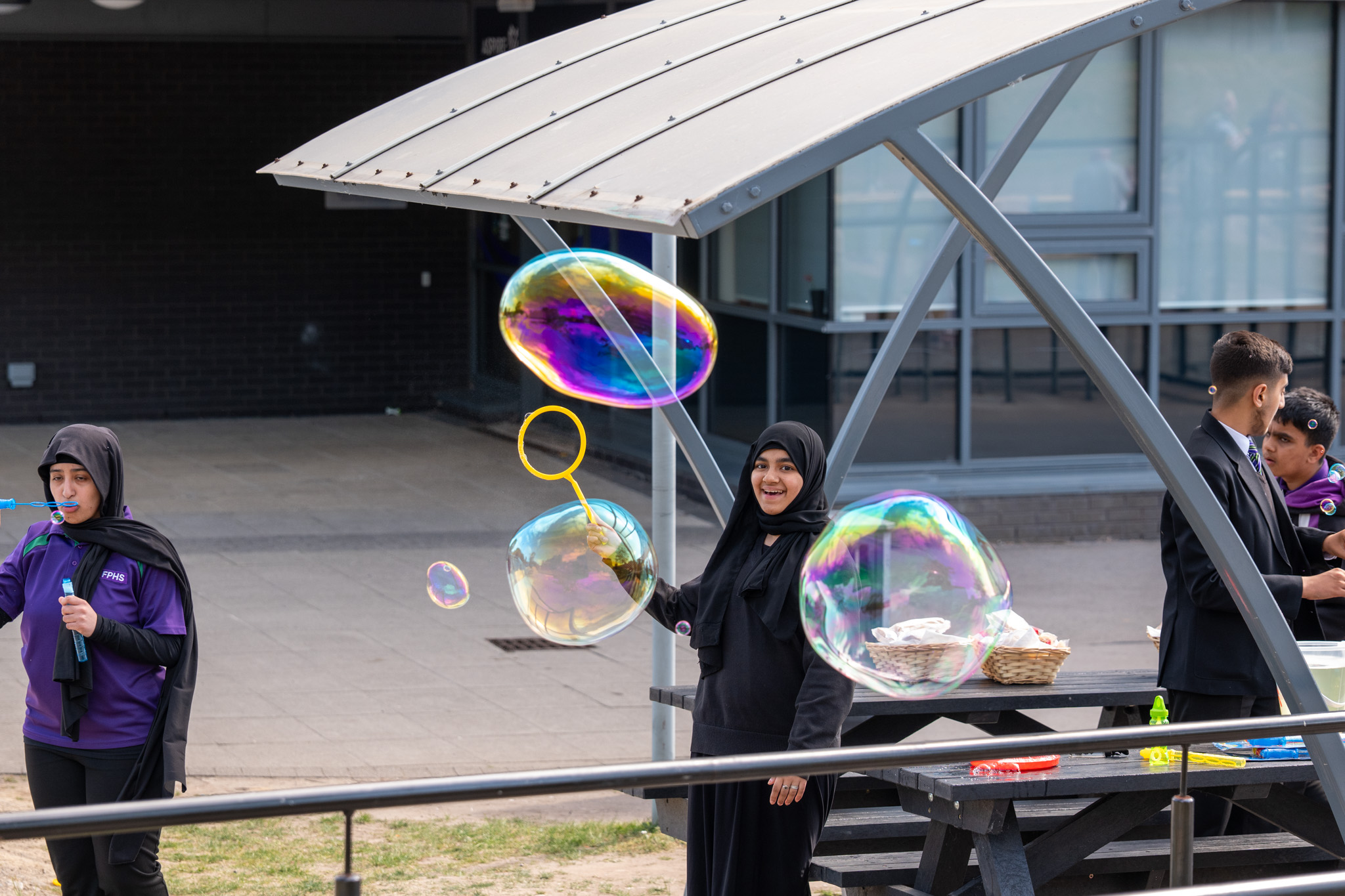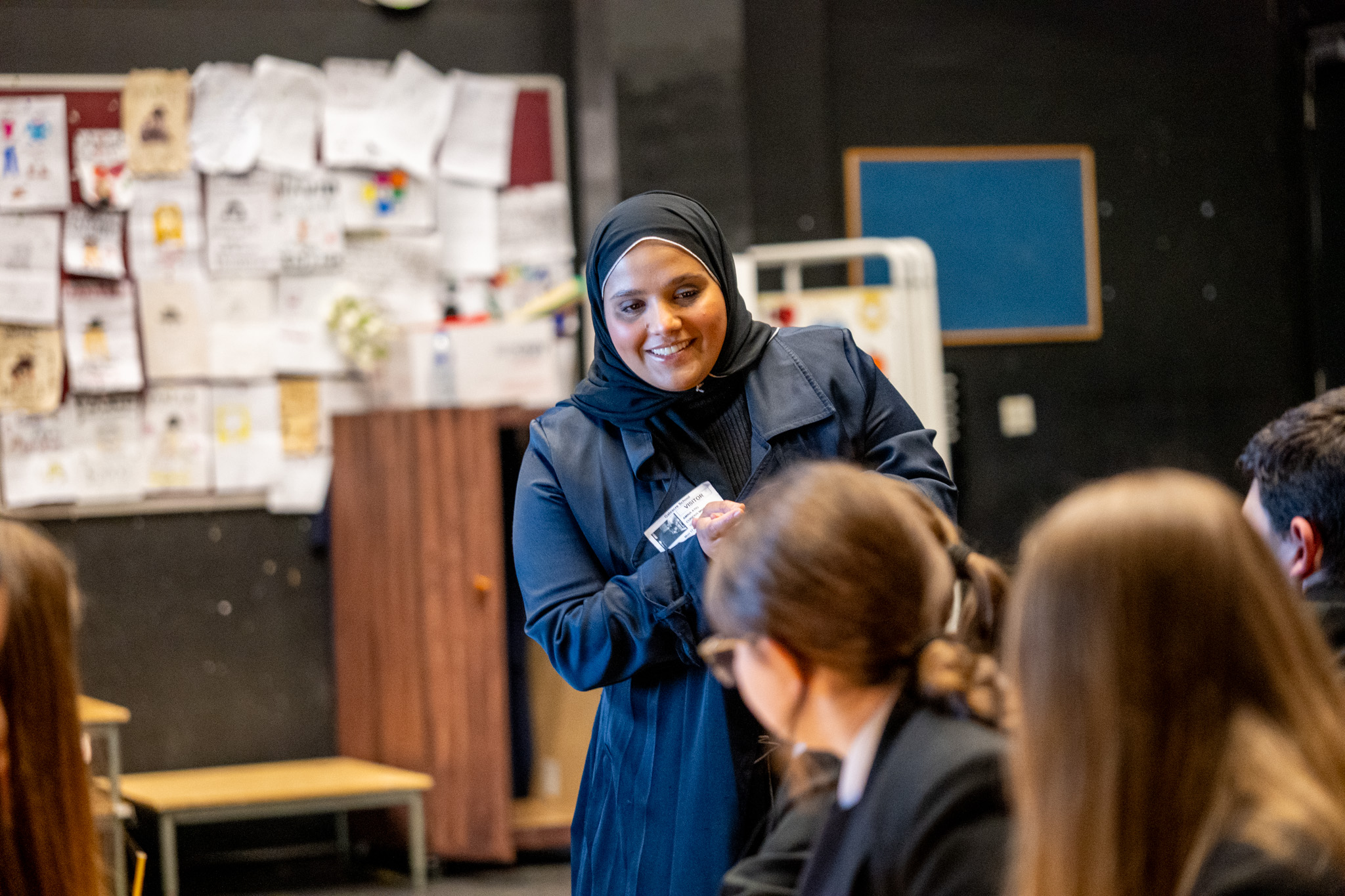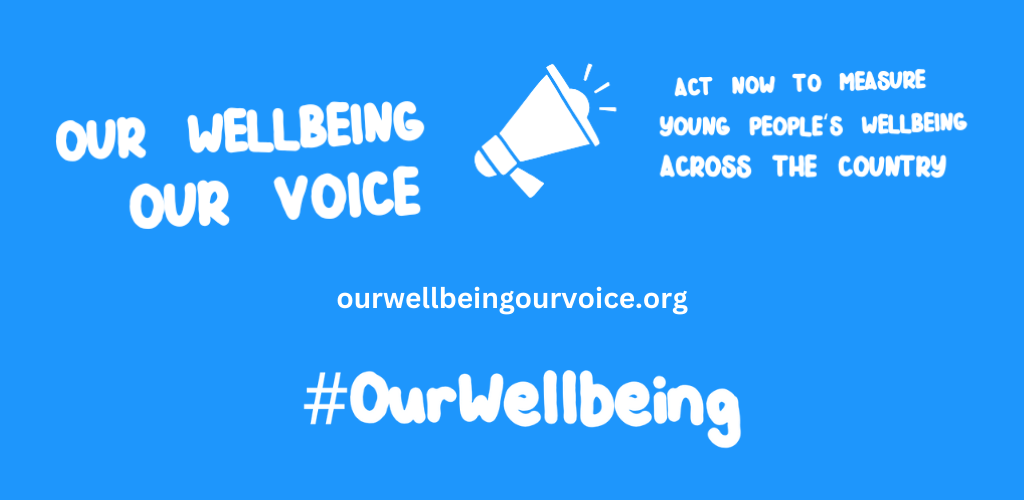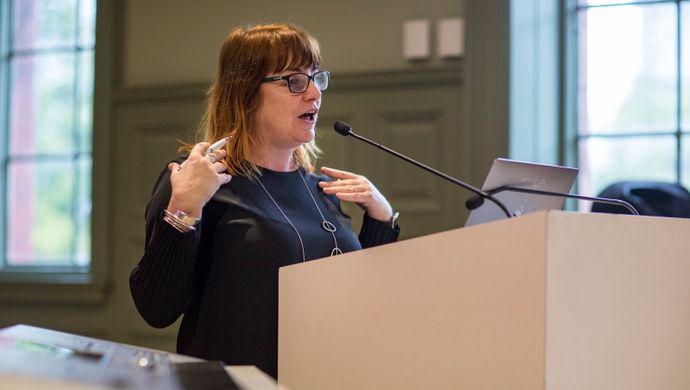Reimagining child wellbeing: A call to action for the UK
Wednesday 21 May 2025
The data paints a bleak picture. Between 2018 and 2022, life satisfaction among adolescents fell sharply, with the UK experiencing one of the steepest declines of all high-income countries.
Out of the 36 countries with full data, the UK ranks:
- 21st overall for child wellbeing
- 27th for mental health (Portugal ranks 2nd, Romania 5th, Croatia 9th)
- 22nd for physical health
- 15th for skills
This report lands amidst a 'perfect storm' for young people in the UK, with the lasting effects of the COVID-19 pandemic, the cost-of-living crisis increasing poverty, increasing academic pressure, a broken SEND system and severely reduced access to arts and cultural education.
The Mental Health Crisis
UNICEF reports that 1 in 6 adolescents in high-income countries are living with a diagnosable mental health condition. In the UK, figures from mental health charity Young Minds show that 1 in 5 young people are waiting more than six months for mental health support. Rising rates of self-harm, anxiety, and depression are not surprising, given the rising levels of bullying, online discrimination, and social isolation.
These issues don’t arise in isolation; they reflect deeper systemic failings across education, social care, and how we value children’s lives and voices. Currently, 30% of children in the UK are living in relative poverty and 25% in absolute poverty.
The Role of Arts and Culture
At Curious Minds, we believe that arts and cultural education are not 'nice-to-have' extras. They are vital tools for supporting and enhancing children’s mental health and wellbeing.
Our Creative Health programmes bring this belief to life. For example:
Artsmark #BeeWell Pilot
Over the past two years, we’ve partnered with seven secondary schools across Greater Manchester to use school-specific and neighbourhood data from the #BeeWell Young People’s Wellbeing Survey to guide the commissioning of creative activities tailored to the needs of each school community.

This pilot, funded by Arts Council England, tested how schools could use the Artsmark Award framework to develop and strengthen their creative wellbeing offer.
Rhyme and Reason
Using the proven Arts for the Blues model (developed by Edge Hill and Salford universities), this programme uses poetry as the central art form in a 10-week in-class experience. Delivered by teachers and poets, it helps students explore emotions and develop tools for positive mental health.
These creative outlets give young people the chance to express themselves, build resilience, and find joy and purpose.
Learn more about our Rhyme & Reason programme here.

What we’re losing
The Cultural Learning Alliance’s 2024 Report Card highlights the scale of decline in arts education:
-
42% drop in Arts GCSE entries since 2010
-
84% of schools do not offer Dance GCSE
-
58% do not offer Drama GCSE
The erosion of the creative curriculum is stripping many schools of their soul. For young people, particularly those who are neurodiverse or have special educational needs, this narrowing of experience can be devastating.
Children with SEN (special educational needs) are significantly more likely to experience mental health difficulties.
One survey found that 37% of children with SEN had wellbeing scores indicating possible depression, compared to just 7% of their non-SEN peers. According to the Children’s Commissioner, over a quarter of autistic children in England are persistently absent from school. Among these, 80% experience mental health issues, with contributing factors including long waits for support, insufficient provision, and unsuitable placements. (The Guardian)
As a parent who has experienced the broken SEND system firsthand, I know how essential it is that education provides safe, flexible, and joyful environments where all young people can thrive.
42nd Street’s Future is Ours Festival took place in Manchester last week, which included a young people's creative mental health and wellbeing event. We heard directly from young people about how they need some space in their school day, how the arts can really support their mental wellbeing, and how they think a lot of schools have their priorities wrong and don't listen to them. But these things are largely driven by national education policy, not schools' individual ethos.
The evidence is clear
Recent research underscores the powerful impact of arts and culture on mental health. A UK study by the Department for Culture, Media and Sport, in collaboration with the WHO’s Collaborating Centre for Arts and Health at UCL, estimated that engagement with art and culture delivers an annual value of £8 billion through improved quality of life and productivity. Participating in creative activities and attending arts events has been shown to reduce depression, pain, frailty, and even delay the onset of dementia. (The Guardian, Daily Telegraph)
Yet, policy remains out of step. Schools are under immense pressure to deliver a rigid, exam-focused curriculum. Behaviour policies in many secondary schools lean toward zero-tolerance, creating environments where young people feel policed rather than supported.
What needs to change?
UNICEF’s report calls for:
- Increased investment in mental health support
- Promotion of physical activity and mindfulness
- A reduction in academic pressure
- Stronger peer and family relationships
We would add: restore the arts to the heart of education
Education is not just about preparing a future workforce; it’s about nurturing engaged, fulfilled, and resilient citizens. That means taking a holistic approach to how we educate our children and young people.
Children’s lives are shaped not only by the tests they take but also by the stories they tell, the songs they sing, and the communities they build. Arts and culture are essential to rebuilding child wellbeing and must be central to any national strategy.
A national wake-up call
We cannot let another generation grow up in a joyless, disconnected education system. It’s time to reimagine child wellbeing, in policy and in practice.
The government must be bold across policy areas: the Curriculum and Assessment Review, arts and culture access, and preventative mental health strategies, not just crisis management. It’s time to listen to young people. And it’s time to act.
At Curious Minds, we remain committed to our vision of a future where creativity and cultural experience are a regular, enriching part of every child’s life and learning.
Join us in supporting the 'Our Wellbeing, Our Voice' campaign
Curious Minds is part of a broad coalition of organisations calling on the government to implement a national wellbeing measurement programme to address the needs of children and young people across England. We invite you to join us!
The wellbeing of children and young people in the UK is at an all-time low. Latest PISA data reveals that 1 in 4 children report low wellbeing, making the UK the lowest-ranked country in Europe. Measuring children’s wellbeing will not only provide the insights needed to drive change but will also demonstrate a commitment to improving the lives of the next generation.







